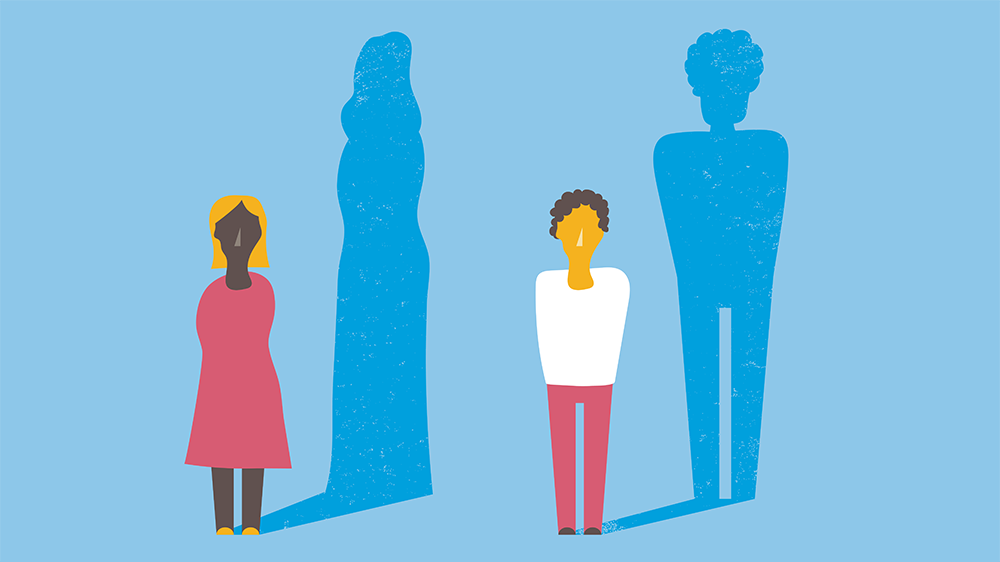Common Questions in AYSRH: Connecting Conversations’ Experts Weigh In

Over the course of 18 months, FP2030 and Knowledge SUCCESS hosted 21 sessions of Connecting Conversations. The interactive series brought together speakers and participants from around the world for dialogues around timely topics in adolescent and youth sexual and reproductive health (AYSRH). Here we explore the answers to some of the series’ top questions.
The Connecting Conversations series grew out of a desire to share experiences and break down traditional barriers between participants and “experts.” It was driven by the needs and knowledge gaps of those who work most closely with young people. And, with the COVID-19 pandemic, creatively enabling people to really connect was critical.
We began Connecting Conversations with a look at building a foundational understanding of adolescent development and health—our second set of conversations focused on critical influencers that improve young people’s reproductive health. We continued by exploring an adolescent-responsive approach to SRH services and reaching key youth populations in AYSRH. Finally, we concluded by looking at the future and advancement of the AYSRH field.
Themes centered on:
- Youth engagement and partnership.
- Multi-sector programming.
- Responsive SRH services.
- Engaging with the many contexts and influencers that impact young people’s lives.
Check out the topics below to explore answers to some of Connecting Conversations’ most common questions.
Want to know more? Check out the Connecting Conversations page, where you’ll find recap summaries with links to recordings for every session, key lessons learned, best practices, and stories of the series’ impact.





